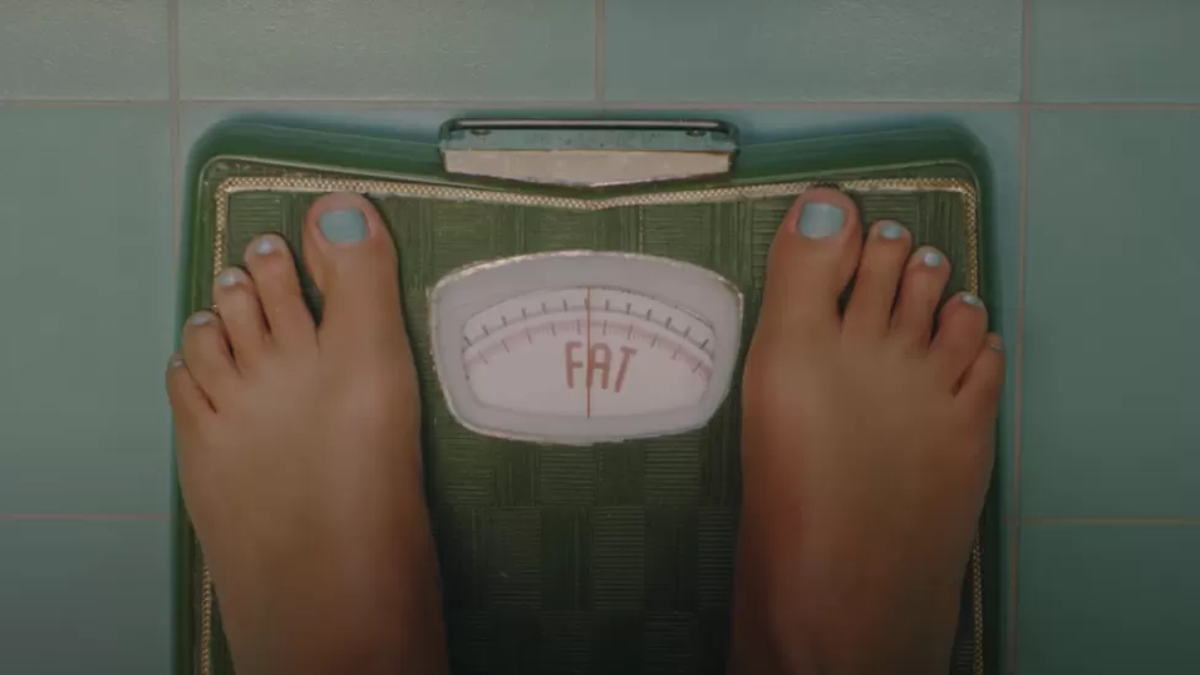
Photo Credit: Taylor Swift
Taylor Swift edited her music video for “Anti-Hero” days after its release after backlash over one of the scenes.
The singer directed the video herself, in which she experiences “nightmare scenarios and intrusive thoughts.” One scene shows Taylor stepping onto a scale that reads “FAT,” while another version of the singer shakes her head in disappointment. Critics called the scene fatphobic and that it reinforced negative connotations with the word “fat.” Afterward, Swift seemingly updated the video to remove what the scale reads.
“I’m sure there’s a ton of nuance to Taylor’s personal experience but nuance is not what you get from that scene,” wrote New York-based Amanda Richards in her newsletter. “Instead, you get yet another quick hit reminder that fat is a terrible thing to have, to be, to feel. (…) And frankly, we just don’t need any more of those.”
“Taylor Swift should have done better because even if it is relatable and an ‘intrusive thought’ it is damaging and fatphobic,” tweets one user.
Despite enough backlash that the video has now been changed, many fans defended the singer for expressing her own experiences with body image. Swift has been open in the past about her struggles with her body image and disordered eating.
“Watch my nightmare scenarios and intrusive thoughts play out in real time,” Swift tweeted when she revealed the original video.
“So finally when she is opening up about her insecurities they made her feel like she needs to shut up about them again,” one fan tweets.
“She was describing a personal experience, and quite frankly, it’s a personal experience a lot of women experience,” said Sunny Hostin, co-host of The View, who said critics had “missed the point.”
Still, Swift has received praise for editing the video, as she is the latest celebrity to make a change to their work promptly, following backlash. Lizzo changed the lyrics to her song “Grrrls” in June following criticism for using an ableist slur. A few weeks later, Beyonce changed the lyrics of her track “Heated” for the same reason.
“When public figures like Taylor Swift choose to speak about their own journeys with an eating disorder, it can have a positive influence,” says Tom Quin, Director of External Affairs at Beat, an eating disorder charity in the UK. “However, we’d also urge them to be mindful of the effect their depictions could have and to do so sensitively.”

